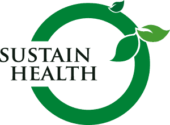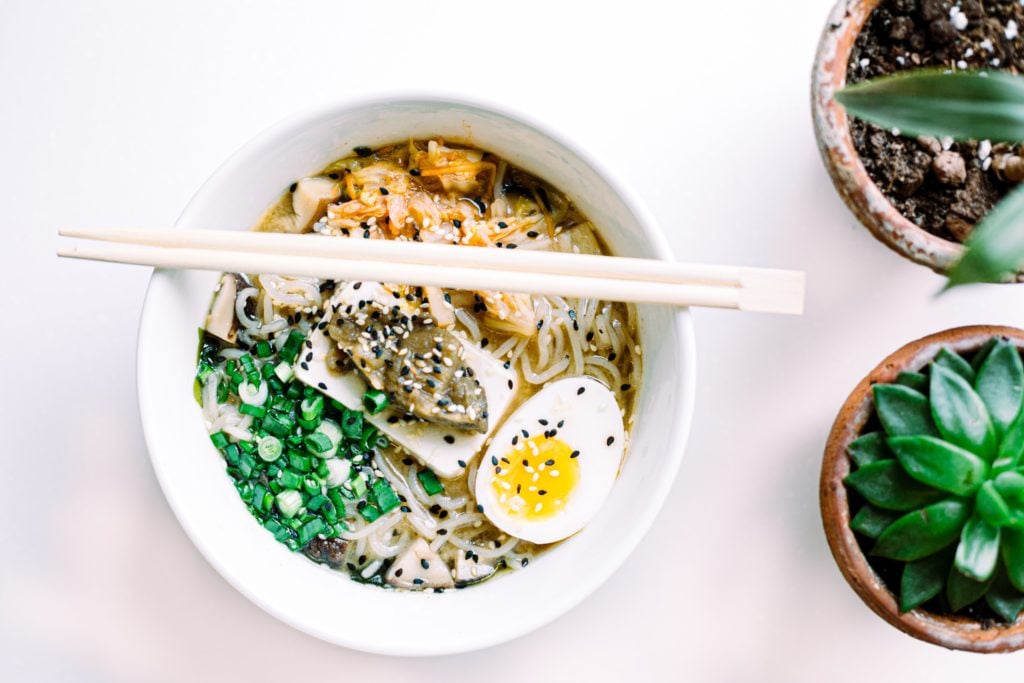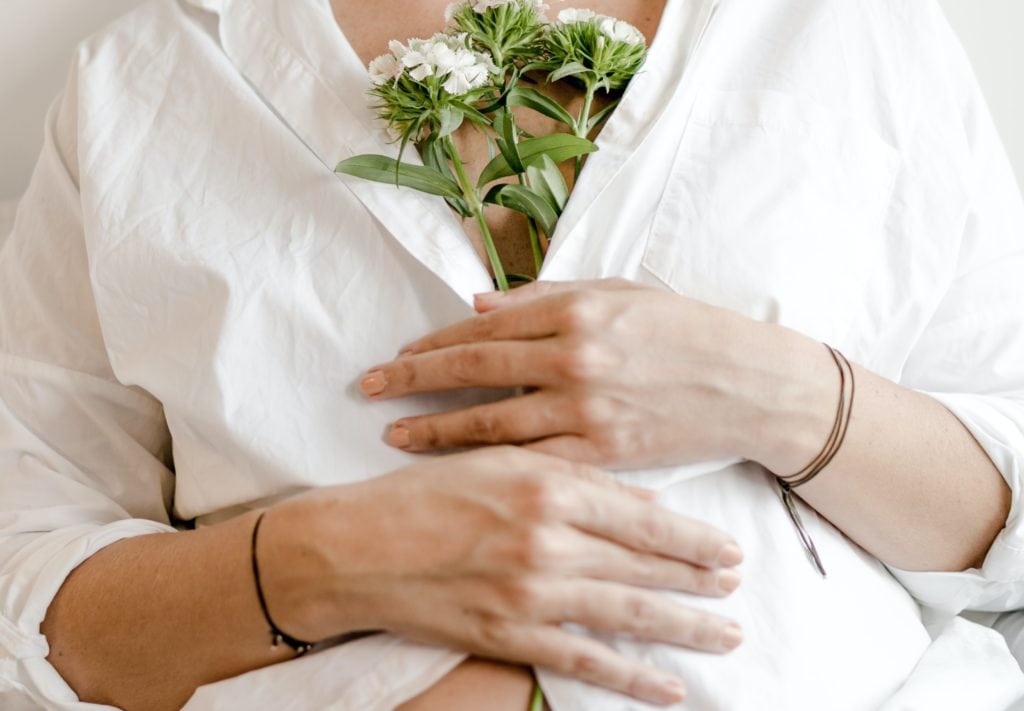In this blog post we will be chatting about the amazing life-giving congee.
- what it will do for your health
- a look at the legends who created it
- why we recommend you should eat it.
- how to cook it.
- a few tricks to fit it into your busy schedule
What Is Congee?
In short Congee, Jook and Zhou are all names for rice porridge—determined by the language, region or country of origin—for ease of this discussion let’s just call it Congee.
Made as a staple in over 15 countries in the world it’s origins go way back and is traditionally prepared with rice.
Although other grains, are or can be used typically, one uses broken rice or other various grain sizes, again depending on the different region or country.
Congee is the ultimate comfort food—families share their stories, hopes and dreams every morning with this platform for good digestion.
So Why Does My Chinese Doctor Keep Telling Me to Eat It?
To understand the life-giving benefits of Congee in more detail we recommend you read our post on The Basics of Chinese Dietary theory.
Don’t worry we will wait right here for you !
Great to see you back, and now we are all on the same page, let’s recite together—”Whatever facilitates the creation of a 100°f soup in the stomach benefits digestion, and whatever impedes or impairs the creation, impedes or impairs digestion…. “
Simple, right?
Congee has been used preventatively to promote good health and digestion for centuries.
It provides the environment for the proper function of the spleen-stomach and it’s transformative abilities.
So who’s big idea is this? When was Congee first eaten?
Perhaps the time is right to look at the authority behind this ancient advice.
Origins of Congee
The Yellow Emperor, the legendary founder of TCM and many elements of Chinese culture, is said to have invented congee more than 4,000 years ago—he first steamed rice and then boiled it.
He did that after he invented the cooking pot—very handy to have around the home it seems 🙂
Zhang Zhongjing, a famous TCM doctor in the Han Dynasty (206BC-220AD), attached great importance to the medical benefit of congee in his “Treatise on Colds. Pathogenic and Miscellaneous Diseases.”
It was suggested that eating some hot congee right after taking herbal decoctions can help reinforce the medical function in promoting sweating and getting the pathogenic energies out together.
Traditionally, one of the applications for congee , was to protect the stomach by balancing out the herbs delivered for medicinal purposes—a vehicle to directly target the affected areas of the body.
“Compendium of Materia Medica,” one of the most extensive herbal classics by herbalist Li Shizhen in Ming Dynasty (1368-1644), recommends a big bowl of congee as the best breakfast in all seasons.
Taking in grains in the way of congee, can help fill the empty stomach, tenderly but sufficiently.
Doesn’t that say it all ” tenderly but sufficiently” speaks a lot about the gentle health giving properties of this treasure.
Right up until today In China, and in many overseas Chinese communities, there are special restaurants which specialise in congee alone: steeped in history and health.
So what’s the process, let me at it?
How to Cook Congee
Grab your slow cooker and add 1 part rice to 6-8 parts water, a sprinkle of sea salt—put the lid on and turn it on low—cook it overnight while you sleep.
To serve, place it in a bowl, season with soy, a drizzle of sesame oil, and possibly some sliced spring onions.
That’s it!
We recommend a short grain rice as it tends to be stickier than long grain—a silky smooth texture is your goal—experiment with your rice water ratio, your cooking time and temperature—generally the longer it cooks the more powerful it becomes.
If you do not have a slow cooker, it can be simmered on the stove over very low heat for 2-6 hours.
This basic method works well here however it is particularly excellent with a homemade stock—other ingredients may be added and recommended by your Chinese doctor to help with various conditions.
Lorraine Clissold of “Why the Chinese don’t Count Calories” fame suggests by taking rice, a neutral energy food that is slightly Yang, and simmering it to create a moist end product that it will not push the body in any one direction.
Additional ingredients can change the nature of congee—making it an ideal vehicle to transport energies if the body needs warming, cooling or toning in any particular area.
Therefore in further posts on this subject, we will dive into some specifics for treating different ailments.
Our aim was to get you to start reaping the benefits of congee ASAP.
I Have a Busy Lifestyle and Don’t Have Time to Cook?
I hear you—this is another benefit to this gem.
Although the Chinese recommend cooking daily, with your busy schedule, a slow cooker might feed you and your family for several meals—batch cooking and saving you plenty of time.
A quick reheat in the morning will suffice.
Grab yourself a thermos and take it to work—on public transport, in the car.
Although we don’t recommend rushing meal-times, allow food to digest in an easy, relaxed manner—the day to day rush sometimes gets the better of us.
A meal like this will ground us for the rest of the day.
For other recipes head over to Amazon to read Bob Flaws The Book of Jook or Lorraine Clissold’s, Why the Chinese Don’t Count Calories
Recovering From Illness
Congee is considered in TCM as a must-have breakfast dish.
By jump-starting the digestive system congee injects the nutrients right where they are needed and naturally heals by nurturing the digestive system to maximise it’s function.
If you need to lose or gain weight congee can help.
At Sustain Health we highly recommend this superfood for recovery from any sickness.
It promotes recovery as it is light on the stomach and harmonises the imbalance of a chaotic internal environment.
If you are suffering an uphill battle trying to recover from chemotherapy, any major illness, stomach and digestive disorder or post surgery—don’t waste your time and supercharge your recovery.
It is even useful for developing the supply of a nursing mother’s milk.
If history has taught us anything, we recommend you might consider shelving the “latest and greatest” fad breakfast.
Go with the tried and tested approach that’s been giving and giving and giving for centuries.
And of course, as far as Chinese medicine is concerned, the fastest way to get the gut back on track from any major illness is an acupuncture treatment from a reputable, qualified practitioner.





2 thoughts on “Congee: What Everyone Ought to Know”
I suspect the Moderno Covid vaccine to be the source of my deep itch and severe dizziness. Would acupuncture be successful in treating this condition?
Hi Janice, thank you for reaching out! Acupuncture and Chinese medicine is beneficial for treating post-vaccine side effects. Our talented practitioners here at Sustain Health have treated many patients with Covid vaccine side effects with great results. If you would like to discuss further or are interested in arranging an initial consultation, please feel free to give us a call on 1300 432 639 or email us at reception@sustainhealth.com.au ????
Comments are closed.